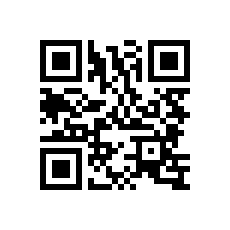Marketing Automation: Keys to Success
Of the 235 respondents in a November IDC survey, nearly 40% had not implemented a marketing automation solution (yet). Not implementing a marketing automation solution may be the ultimate career limiting move for today's marketers. Digital marketing has exploded in scope and complexity making it practically impossible to efficiently and effectively reach your target audience without a fully realized marketing automation infrastructure. If you haven't gotten started you are already way behind the ball. 40% have not yet implemented marketing automation Source: Marketing Automation: the Rise of Revenue, IDC #255860, Dec 2010 . n = 234 Marketing automation is a must have for today's marketing and sales organizations. There is a wide array of online sources readily available to buyers that can significantly influence purchasing behavior. As a result, marketers must maintain a pervasive and continuously refreshing digital presence. Frequency is emerging as the most critical capab
